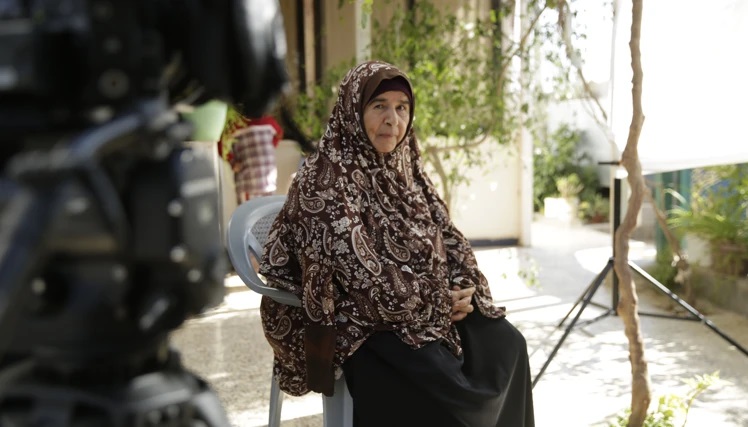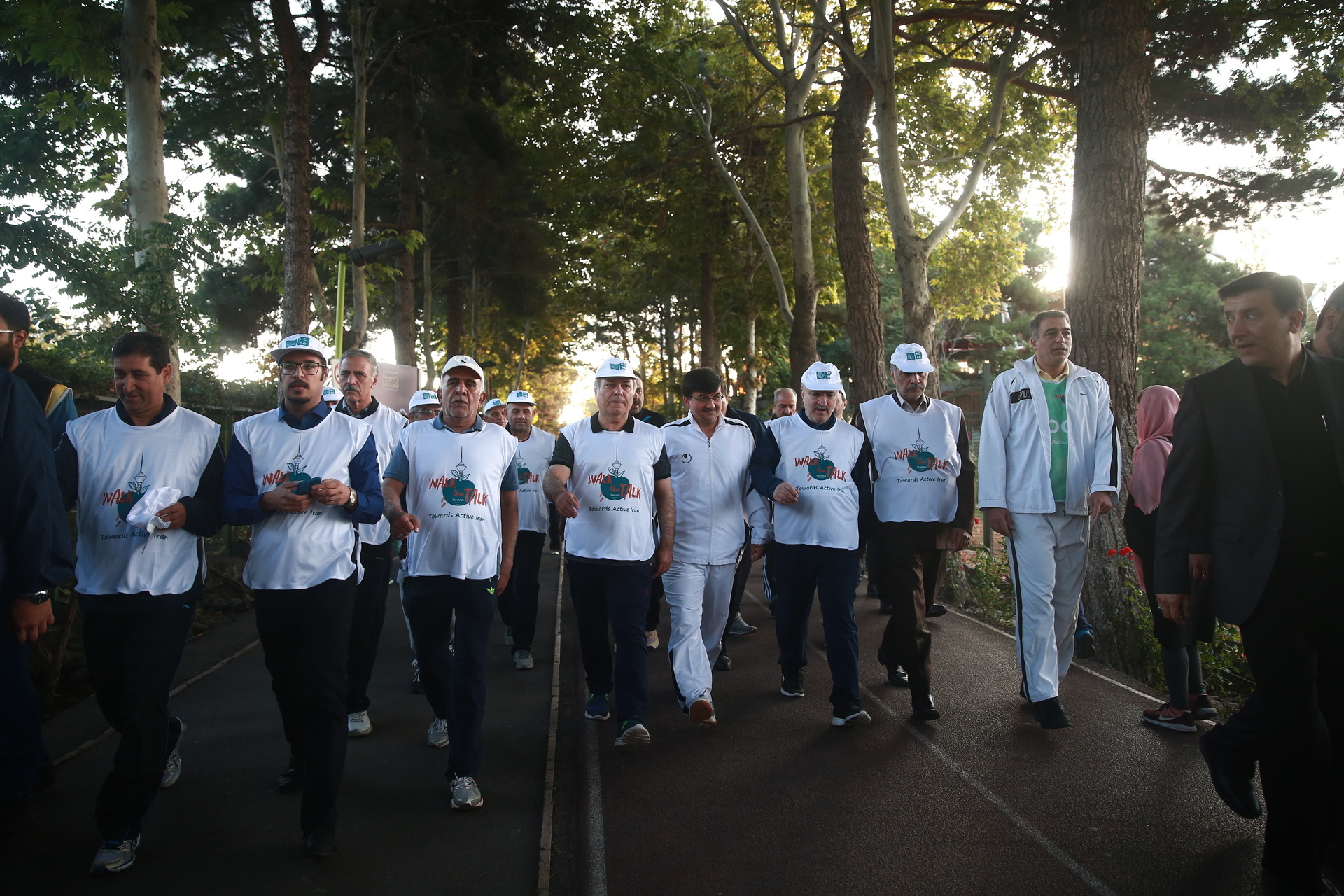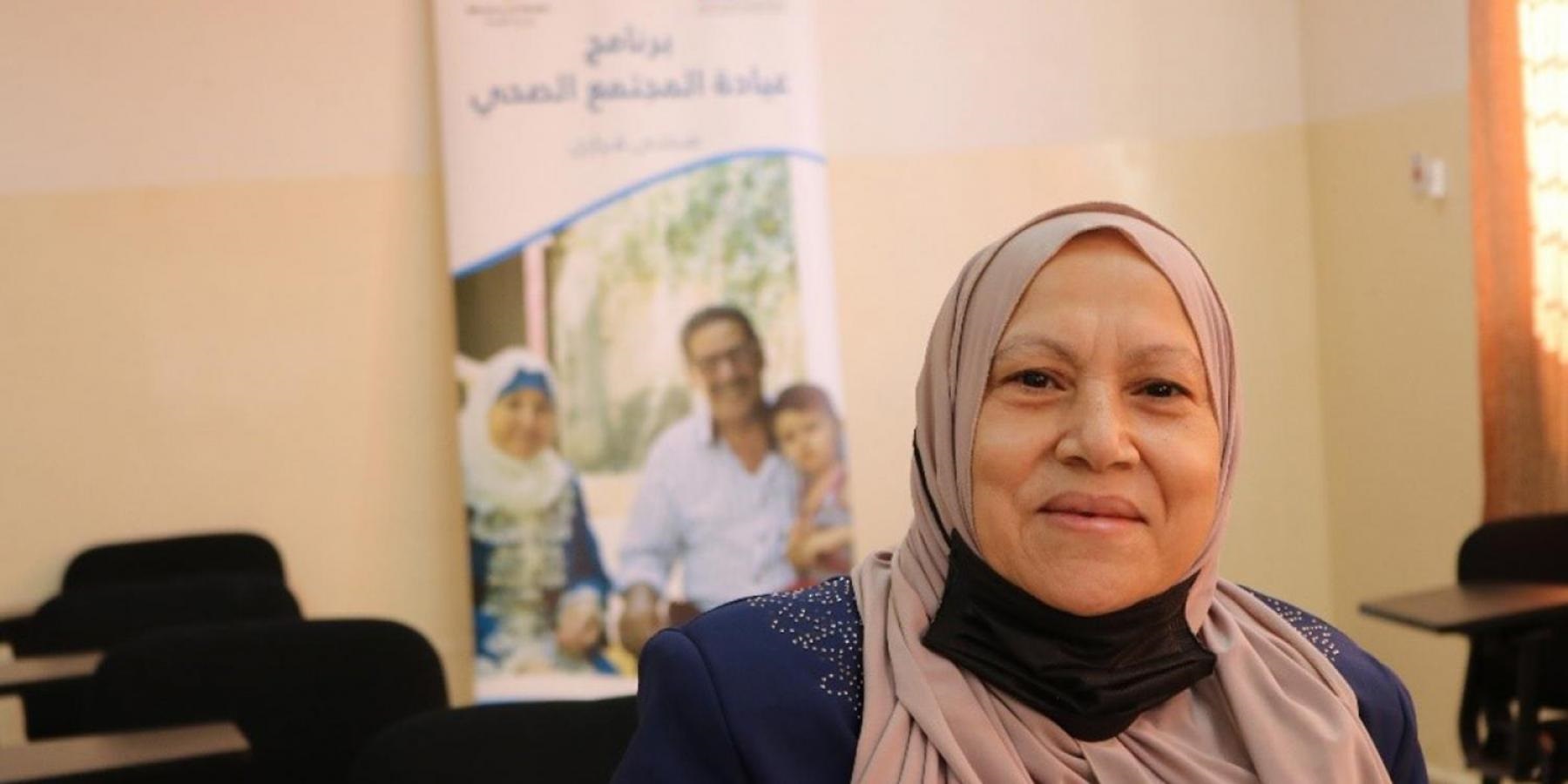Transforming health care is an important aspect of The Kingdom of Saudi Arabia’s ambitious Vision 2030 strategy. Saudi Arabia is therefore taking decisive action to combat noncommunicable diseases (NCDs), which are responsible for approximately 78% of all deaths in the country. Imposing taxes, adopting legislation and using new technology have all been essential tools for mitigating NCDs both before and during the COVID-19 pandemic.
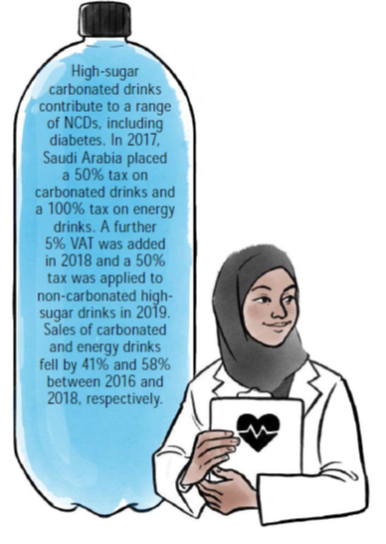 Saudi Arabia enforced a ban on the use of waterpipes in public places, while running multiple tobacco and COVID-19 awareness campaigns through broadcast and via social media.
Saudi Arabia enforced a ban on the use of waterpipes in public places, while running multiple tobacco and COVID-19 awareness campaigns through broadcast and via social media.
Over 1000 specialized tobacco cessation clinics offered free services across Saudi Arabia. These services were successfully adapted to online and phone consultations during the pandemic.
The country is continuing to take great strides in tackling tobacco use, including the implementation of advertising bans, making changes to packaging and controlling illicit tobacco trade.
By using a wide range of smartphone apps, consultations online and via telephone, Saudi Arabia successfully ensured the continued delivery of essential health services throughout pandemic lockdowns.
Saudi Arabia has prioritized mental health services by integrating them into primary health care through extensive training, links with mental health specialists and increasing community awareness.
Implementation of tobacco control measures
Saudi Arabia’s national tobacco strategy aims to reduce the prevalence of tobacco use to 5% by 2030. Two central milestones for this strategy were:
The TAPS ban covers direct and indirect sponsorship of tobacco or any of its products across all media including newspapers, radio, television, films, and all electronic platforms. The Ministry of Commerce monitors the ban, while the National Tobacco Control Committee regularly updates regulations.
To eliminate illicit tobacco trade, Saudi Arabia introduced plain packaging for both the import and marketing of all tobacco products by 2020. This was adopted after a careful series of technical and legal reviews led by the Saudi Food and Drug Authority in consultation with the World Trade Organization.
In August 2019, the General Authority of Zakat and Tax introduced a “tax stamp” for all tobacco products. This allows tracking of all imported tobacco products and prohibits the import or distribution of any tobacco products without tax stamps.
As a result of these successful strategies, the Kingdom of Saudi Arabia received the WHO Award for Excellence in Tobacco Control in 2019.
Remote health services provision
Before the COVID-19 pandemic, primary health care (PHC) offered integrated NCD services and covered essential medicines. Secondary and tertiary care at hospitals provided comprehensive management of chronic diseases. Call centres and mobile applications also gave access to a range of services.
During the pandemic, the Ministry of Health provided remote services by using technology, mHealth and social media platforms to ensure continuity of care, as COVID-19 control measures significantly disrupted the normal provision of NCD services.
The ‘937’ helpline offered 24/7 telephone consultations and support, which was extended to include services via WhatsApp. A range of smartphone applications offered different services, including:
- Seha app: medical consultations with specialists and general practitioners, as well as AI-powered COVID-19 advice and tips for maintaining health and well-being.
- Sehhaty app: telephone consultations, digital prescriptions, COVID-19 test booking, a pharmacy-finder and PHC in-person bookings.
- Wasfaty app: linked users to a wide network of pharmacies to fill new prescriptions or refill repeat prescriptions.
Other apps covered everything from e-bookings to contact tracing, and issued movement permits during curfew periods. Saudi Arabia is planning to maintain digital health and telemedicine formats in the future, refining the current platforms to provide more integrated, complementary and accessible services.
Integration of mental health into PHC
Early diagnosis and treatment of mental health conditions greatly increases the likelihood of positive outcomes. Authorities in Saudi Arabia noted that while mental health concerns such as anxiety and depression were seen in approximately 60% of patients presenting to primary health care, doctors were not always equipped or trained to detect and manage mental health conditions.
Therefore, the Ministry of Health implemented the WHO Mental Health Gap Action Programme (mhGAP) to integrate mental health services within PHC centres. The programme empowers PHC staff by training them to better diagnose and treat mental health conditions through a five-step innovative patient interview approach.
So far, the programme has trained over 5000 health care professionals and over 1000 PHC doctors, covering 41% of Saudi Arabia’s PHC centres. The programme has treated over 44 000 patients and is successfully providing mental health services within primary health care settings, training PHC staff and connecting them with mental health specialists. It is also enhancing community mental health awareness which, in turn, minimizes stigma.
This ongoing strategy is a vital part of Saudi Arabia’s journey towards 2030.
This country story is part of a series on sharing successful strategies from the Eastern Mediterranean Region mitigating noncommunicable diseases and mental health disorders during the COVID-19 pandemic and beyond. Discover additional stories and insights in the full report published by the World Health Organization Regional Office for the Eastern Mediterranean.

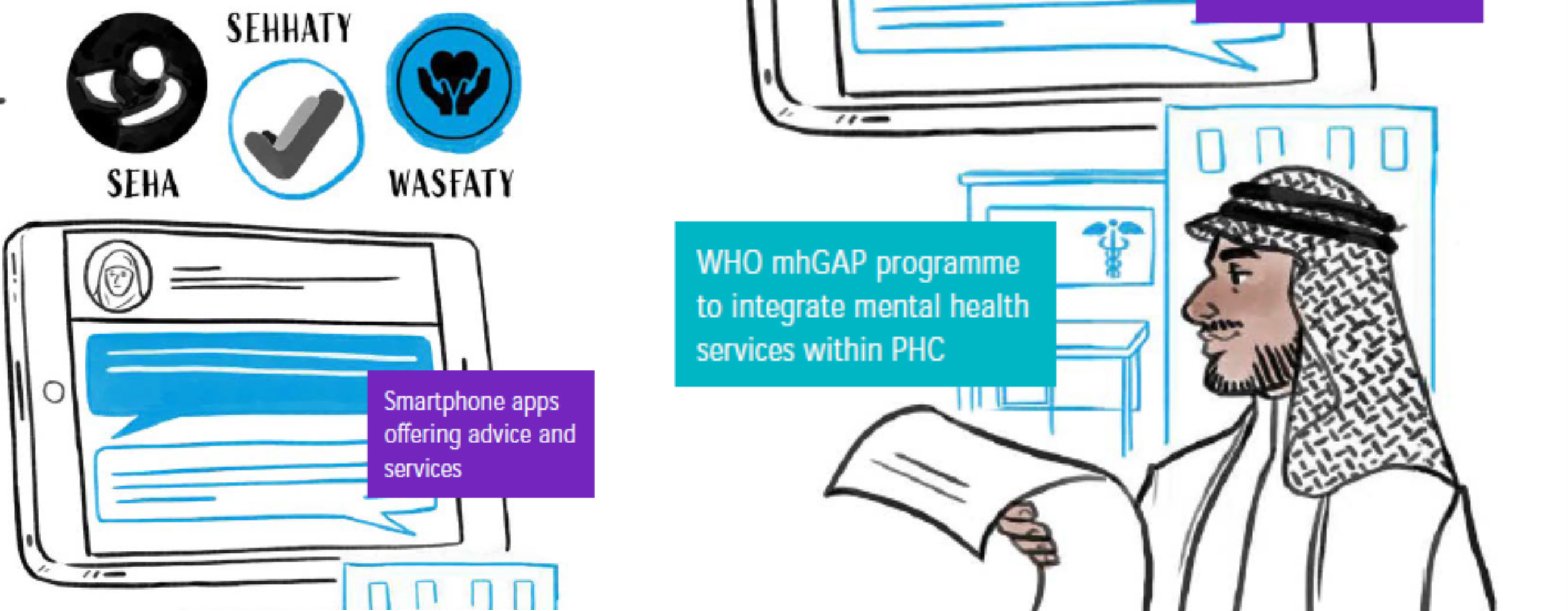
 Saudi Arabia enforced a ban on the use of waterpipes in public places, while running multiple tobacco and COVID-19 awareness campaigns through broadcast and via social media.
Saudi Arabia enforced a ban on the use of waterpipes in public places, while running multiple tobacco and COVID-19 awareness campaigns through broadcast and via social media.

